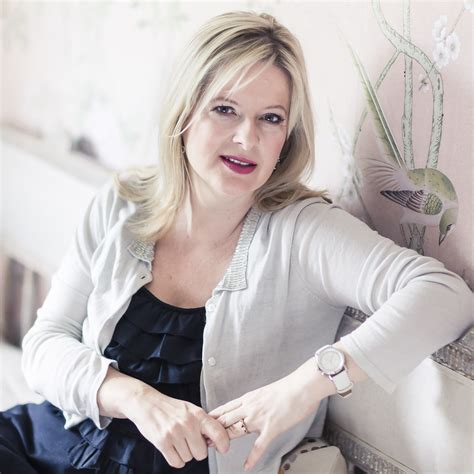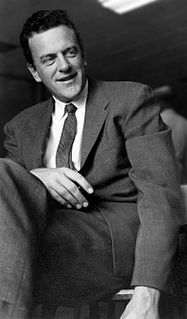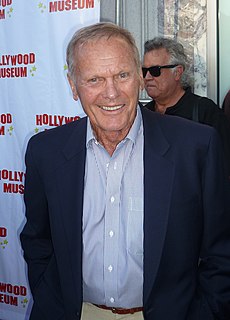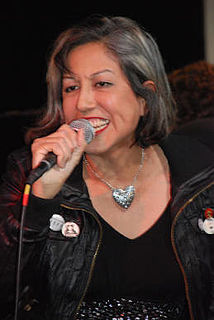A Quote by Indira Gandhi
Muslim women had to go out in purdah, that heavy sheet that covers even the eyes. Hindu women had to go out in the doli, a kind of closed sedan chair like a catafalque. My mother always told me about these things with bitterness and rage.
Related Quotes
At a certain point the family moved to Jaipur, where no woman could avoid the doli or purdah. They kept her in the house from morning to night, either cooking or doing nothing. [My mother] hated doing nothing, she hated to cook. So she became pale and ill, and far from being concerned about her health, my grandfather said, 'Who's going to marry her now?' So my grandmother waited for my grandfather to go out, and then she dressed my mother as a man and let her go out riding with her brothers.
It's about trying to step out of being patterned and closed off and reclusive, which I've always had a problem with. It's about attempting to be normal and just go out and be around other people and hang out. I have a tendency to sometimes be pretty closed off and not see people for long periods of time and not call anyone.
I decided.. that I could go on being scared forever, that I could keep walking, that I could carry my rage around, hot and heavy in my chest forever. But maybe there was another way. You have everything you need, my mother had told me. And maybe all I needed was the courage to admit that what I needed was someone to lean on.
I started as an artist and I had a side job moving some heavy boxes for a publishing company. They had just gotten a Mac for their art department, the department that creates the book covers. I was kind of showing the art director a thing or two about how to use a Mac. And one day everyone went out to lunch and I jumped on the computer and designed a book jacket and slipped it in the pile to go to the review board in New York. They picked my jacket and when the art director got back to Boston, he wanted to know who designed it and I said, "Me." He was like, "The box guy?"
Women had always been thought of as looking after the family when men go and earn an income and they're the bread earner and so on. So there is a kind of generation of inequality, [and], on top of the fact, women have pregnancies and periods, [and] when the children are very small, there are greater demands on their time. So one way or another women have had a pretty rough deal in the past, and there's no reason why that should continue, and any country that has tried to remedy that has succeeded in doing so.
We had a great childhood and boyhood. It was a wonderful time through those years. A lot of it was through the Depression years, when things were tough, but my dad always had a job. But I had a great time. I was kind of restless, and I had a hard time staying in school all day, so me and a few pals would duck out and go out on these various adventures.
I was full of energy, and I had a lot of bottled up rage that would come out in my stage performances. It was therapy sessions for someone who couldn't afford to go to therapy, a way to release my frustration, my inhibition. When I was little, growing up in an abusive household, I felt like I didn't have a voice. Suddenly I was on stage and people were watching me and listening to me, so even if I was singing about something that didn't have to do with abuse, when I was on stage I could express all of the anger, the rage.









































